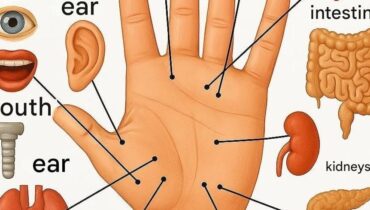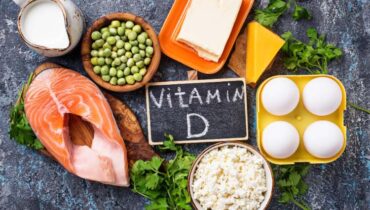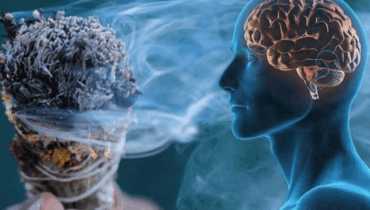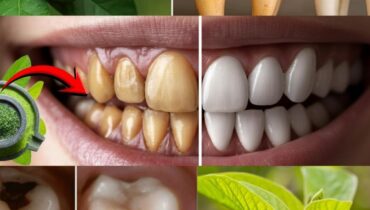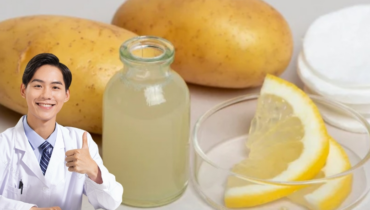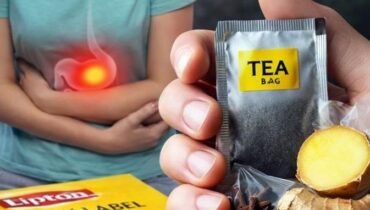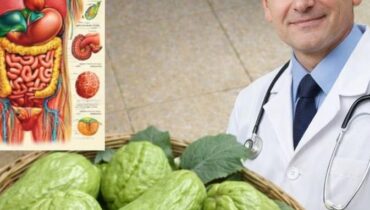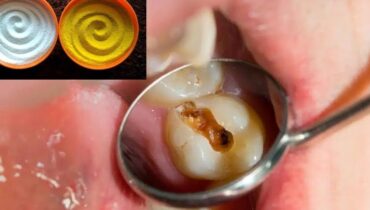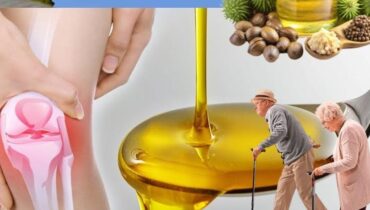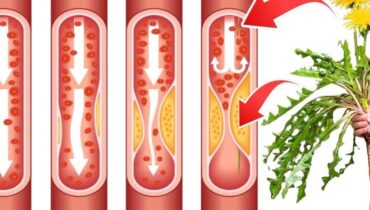📌 7 Commonly Confused Things That Can Affect Your Health and Daily Life
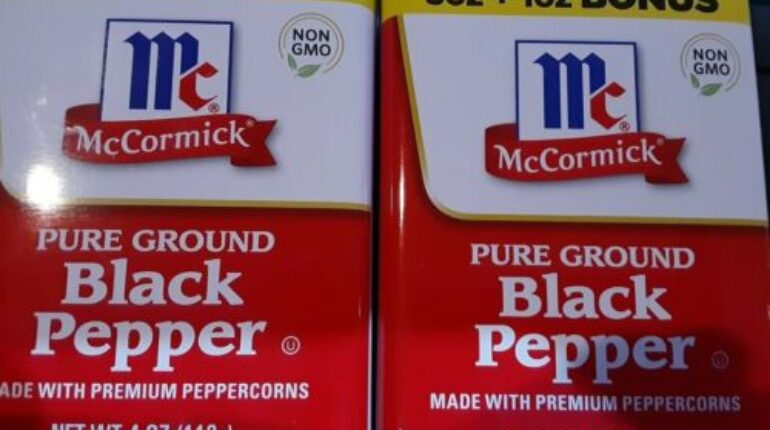
Posted 25 August 2025 by: Admin
Some words we use interchangeably aren’t actually the same—and those small differences can affect health, safety, and even daily decisions.
In everyday conversations, we often confuse terms or overlook subtle distinctions. While they may seem harmless, these mix-ups can sometimes lead to serious misunderstandings, health risks, or poor choices. Here are some common examples—and why it’s important to know the difference.
1. Baking Soda vs. Baking Powder
- Baking Soda: Pure sodium bicarbonate, activated only when combined with an acid like lemon juice or yogurt.
- Baking Powder: Contains both an acid and a base, and activates when mixed with liquid.
Why it matters: Choosing the wrong one can ruin a recipe—leaving it flat, dense, or bitter.
2. Cold vs. Flu
Cold: Gradual onset, mild symptoms, congestion, and light cough.
Flu: Sudden fever, body aches, exhaustion, and higher risk of complications.
Why it matters: The flu can be dangerous and sometimes requires antiviral medication. Misinterpreting symptoms can delay proper care.
3. Antiperspirant vs. Deodorant
Antiperspirant: Reduces sweat by blocking sweat glands.
Deodorant: Masks odor but does not stop perspiration.
Why it matters: If your goal is staying dry, deodorant alone won’t work.
4. Sugar vs. Artificial Sweeteners
Sugar: Natural, calorie-dense, raises blood sugar quickly.
Artificial Sweeteners: Low or zero-calorie substitutes, but may affect gut health in some people.
Why it matters: For diabetics or those monitoring weight, the choice can directly impact health.
5. Viruses vs. Bacteria
Viruses: Require a host to survive and cannot be treated with antibiotics.
Bacteria: Independent organisms, some helpful, some harmful—often treatable with antibiotics.
Why it matters: Misusing antibiotics fuels resistance and can create serious health problems.
6. Soap vs. Hand Sanitizer
- Soap and water: Removes dirt, grease, and germs physically.
- Hand sanitizer: Kills many germs but does not remove visible dirt.
Why it matters: Soap is more effective when hands are visibly dirty or during viral outbreaks.
7. Anxiety vs. Stress
- Stress: A response to external triggers such as deadlines or pressure.
- Anxiety: Persistent worry that continues even without a clear cause.
Why it matters: Stress often eases with circumstance changes, while anxiety may require professional treatment.
Conclusion
Recognizing these differences can have a big impact on health, safety, and decision-making. Don’t assume “close enough” is good enough—sometimes, knowing the small details makes all the difference.

